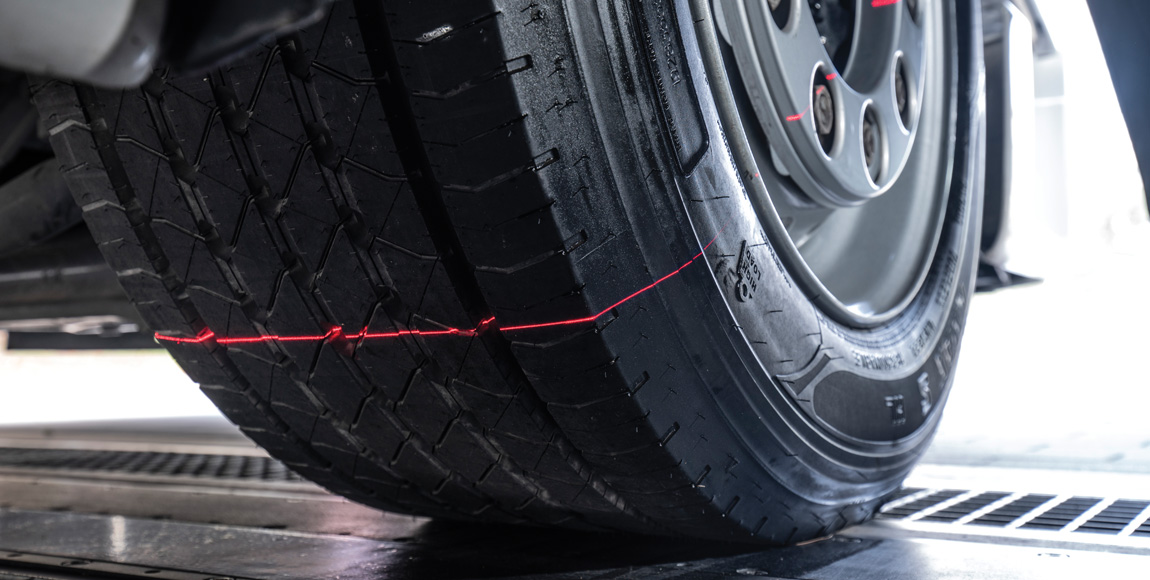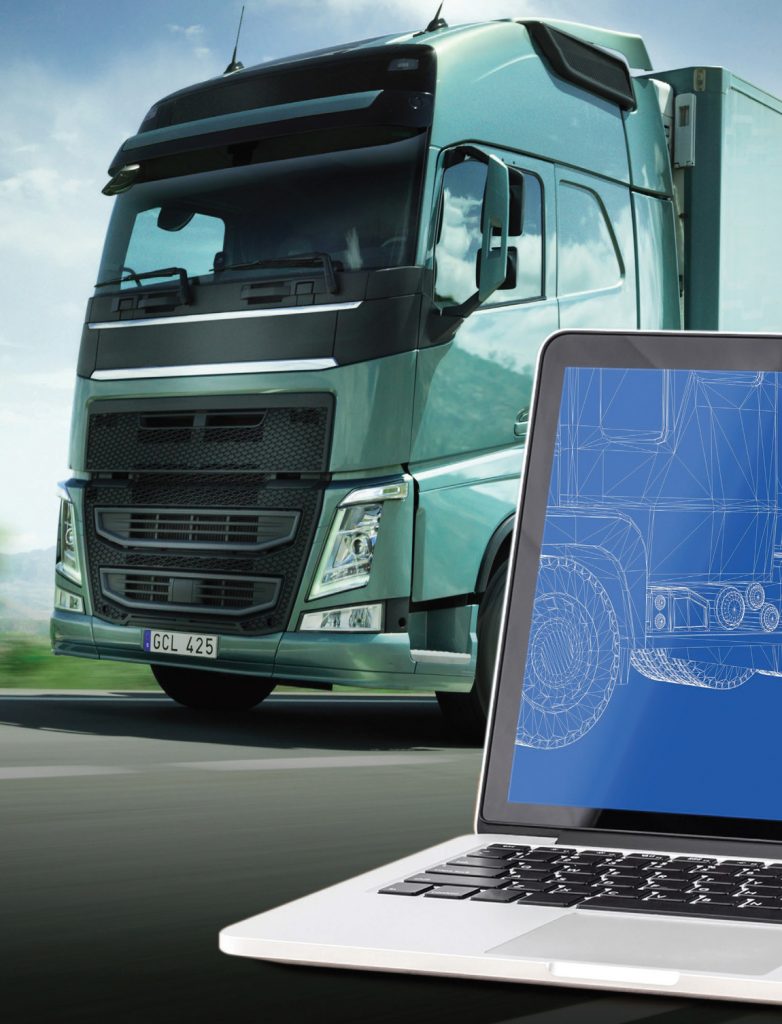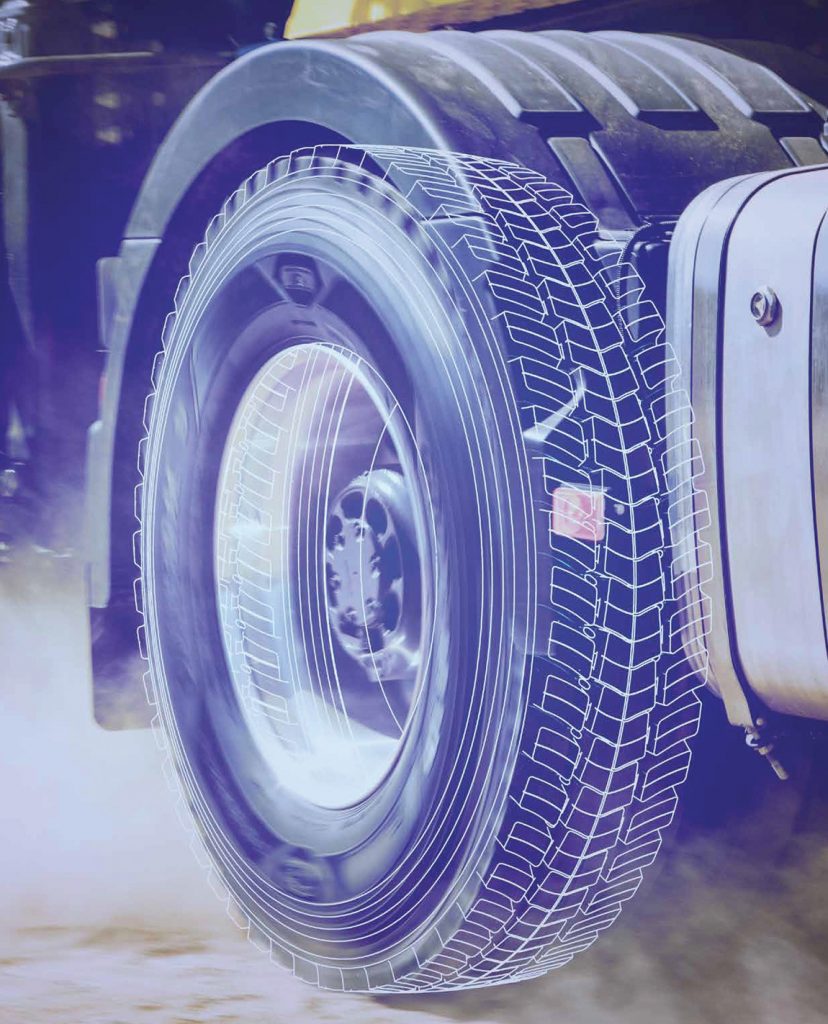Challenges of a brave new world

Tyre companies are changing, and corporate executives and those on the shop floor are acquiring new skills to meet a variety of challenges brought about by the dawn of the digital age
Various trends are inexorably driving profound changes in the way that tyre manufacturers operate – and the kinds of skills they demand of their employees. Corporate executives and machine operators alike face tough challenges in the face of increasing digitisation, according to Bridgestone South Africa.
Sensors, artificial intelligence, machine learning and related technologies – backed by the limitless computer power of the cloud – mean machines are getting smarter and capable of greater levels of autonomous action. For those on the shop floor, work focus is beginning to shift away from jobs involving manual dexterity to those which require cognitive and trouble-shooting skills.
For those in executive positions, management is beginning to encompass work processes that are more connected, with increasingly diverse work environments that often extend to many countries. In this respect, the ability to manage cross-skilled teams from different cultures and backgrounds is becoming essential.
“Whereas executives once learned how to acquire information, now they need to know how to identify the data that matters – and how to translate it into actionable business insights. These are changes that require some radical rethinking about what executives do and what skills they need. The same revolution is changing the way that employees work on the manufacturing shop floor,” says a statement issued by the company.
Bridgestone has already begun rolling out smart factories in Europe, and the company’s facilities in the rest of the world are scheduled to follow. In this new world, machine operators will no longer be required to physically operate equipment or participate in the “heavy lifting” that is an inevitable part of the manufacturing process. Rather, their work will rely much more on how to operate computers – and even write code!
“For example, an operator used to have to manually set a new tyre size on the production line. Now a smart machine will automatically pick up the new size from a barcode as the product begins its manufacturing journey, and make the necessary adjustments along the line to produce a tyre that adheres to the new specifications.
“The operator’s job will be to understand the process at a very deep level, and be able to troubleshoot any problems that occur,” the statement says. “In general, automation will increase greatly, and all new skills will be related to making automation more successful.”

The statement adds that Bridgestone South Africa is at the beginning of a new journey at its Brits factory, having invested in some digital and smart equipment in order to compete globally. “One of the outward signs of the change is that machine operators are now known as equipment owners to indicate their new role as overseers of the process rather than one of its moving parts.
“They have to meet a whole new set of demands relating to problem-solving on the job. They also need to take over some of the maintenance needed to ensure that their equipment remains in working order for longer,” the statement says. “Both executives and shop-floor workers face a common challenge, one that might be their toughest: unlearning the old way of doing things in order to position themselves for this brave new world.”
Equally challenging for tyre companies is the issue of continually improving the performance of products in order to meet intensifying consumer demands. Goodyear, for instance, recently initiated a project involving the International Space Station (ISS), in which the formation of particles of silica – a commonly used material in tyres – is being researched in a microgravity environment to evaluate whether there are any benefits.
“In the past, Goodyear has quite literally gone to the moon and back to take tyre performance to new levels for consumers,” says Chris Helsel, Goodyear’s chief technology officer. “Space exploration has served as inspiration for so much innovation, and we at Goodyear are proud of our legacy of participation, which began with Apollo 11 and which continues with this silica experiment in microgravity.”
He says the company’s in-space evaluation, which began in July, is being conducted through an agreement with the United States’ National Laboratory, which has a cooperative agreement with the National Aeronautics and Space Administration (NASA) to fully utilise the orbiting space station’s lab by conducting innovative science and technology experiments capable of benefiting life on Earth.
Astronauts aboard the ISS are conducting the Goodyear-prepared silica experiment while the company’s scientists on earth are simultaneously carrying out similar research. The results of the two experiments will be compared once the samples aboard the space station – frozen for the journey back – have been returned.
Another global tyre manufacturer, Continental, is equally involved in developing strategies to meet the demands of a changing world. From introducing the first-generation anti-lock braking system (ABS) to pioneering automated driving and networked communication between vehicles, the company has set its sights on automotive safety – tyre technology being just one part of a future that aims to reduce and ultimately eliminate road accident injuries and deaths.
As a partner to the Global New Car Assessment Programme’s (NCAP’s) #StopTheCrash, Continental plays an active role in supporting education regarding road safety and the benefits of modern safety systems; its unified approach forming the core of its Vision Zero initiative.

Earlier this year, Continental Tyre South Africa took part in the first road safety event of its kind to be held in Africa, in which a series of crash-avoidance technologies in support of the United Nations (UN) Global Goals and the Decade of Action for Road Safety were demonstrated at the Kyalami Grand Prix Circuit at Midrand. The event placed a special focus on the life-saving benefits of electronic stability control (ESC), autonomous emergency braking (AEB) and ABS.
“The technologies promoted by #StopTheCrash have the potential to save thousands of lives every year and the UN has developed international standards to help encourage countries around the world to mandate these life-saving technologies,” says Shaun Uys, managing director of Continental Tyre South Africa.
“As one of the world’s tyre leaders and a pioneer in automotive technologies, this unique event was a perfect fit for Continental, reinforcing our commitment to driving safety through producing tyres with best-in-class braking performance, and producing a comprehensive suite of active safety features that assist drivers in avoiding a collision.”
Uys describes Continental as a pioneer when it comes to designing, developing and implementing innovative technologies that enhance driver and vehicle safety, pointing out that at this year’s Frankfurt Motor Show (IAA), it introduced Conti CARE – a system consisting of a networked web of wheel and tyre technology to provide a means of tyre management.
The system features sensors that are built into tyre casings, generating and continuously evaluating data concerning tread depth, possible damage, temperature and actively adjusting pressures by means of centrifugal pumps carried the wheels. The technology keeps tyre pressures constantly within an ideal range and helps achieve a sustainable drop in the vehicle’s CO2 emissions.
“Continental is more than just a tyre company, though,” Uys reiterates. “Globally, its aim is to develop pioneering technologies and services for sustainable and connected mobility of people and their goods. Through continuous investment in research and development, it makes major contributions to safe, cost-effective and ecologically efficient mobility, offering efficient, intelligent and affordable solutions for vehicles, machines, traffic and transportation.”
Published by
Focus on Transport
focusmagsa




